Final Project
BioShare: A Communal Biogas Generator
As a response to the cost-of-living crisis and the issue of food waste going to landfill, this project focuses on a community strategy to convert household food waste into biogas. The target environment is urban areas where residents do not have the garden space for compost or a home biodigester.
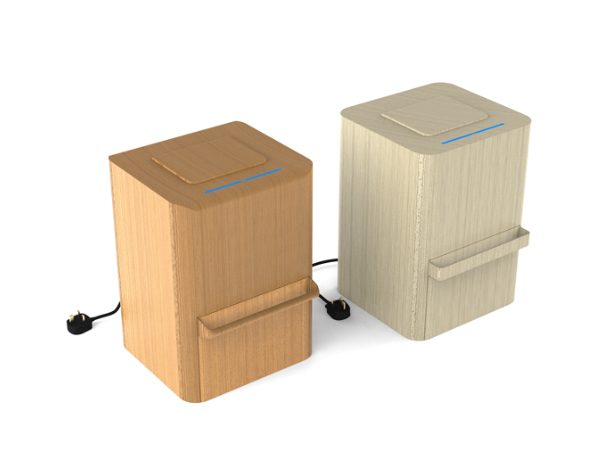
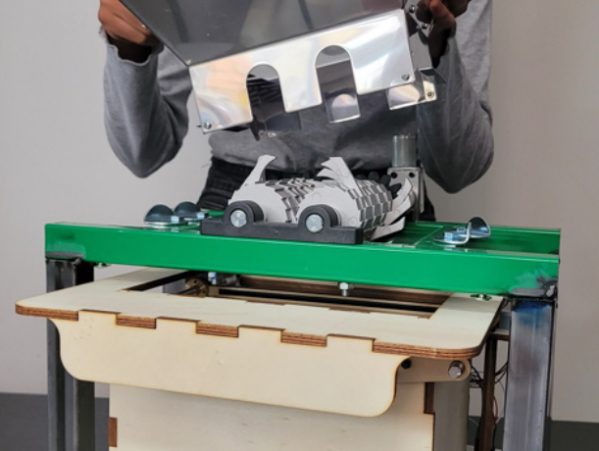
Electromechanical Prototyping
The food waste bin to be placed in residents’ kitchens will include a grinder to process food waste to the right size for the communal biodigester. It will also automatically seal the food waste into a bin liner once the bin is full. By removing the unpleasantries of food waste, the bin’s functions will encourage residents to partake in the communal scheme.
Designing the Digester
The biodigester is designed based off the floating drum variant of digesters. After taking their food waste bag out of their bins, residents will drop them into the chute to the digester chamber for anaerobic digestion. Excess slurry generated can be removed for use as liquid fertiliser, while biogas is directed into a gas canister as temporary storage. As more biogas is generated, the residents will receive proportionate financial aids on their energy bills.
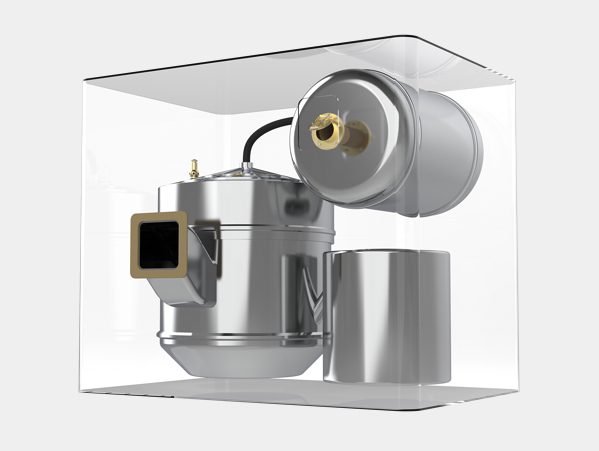
Journey to the Show
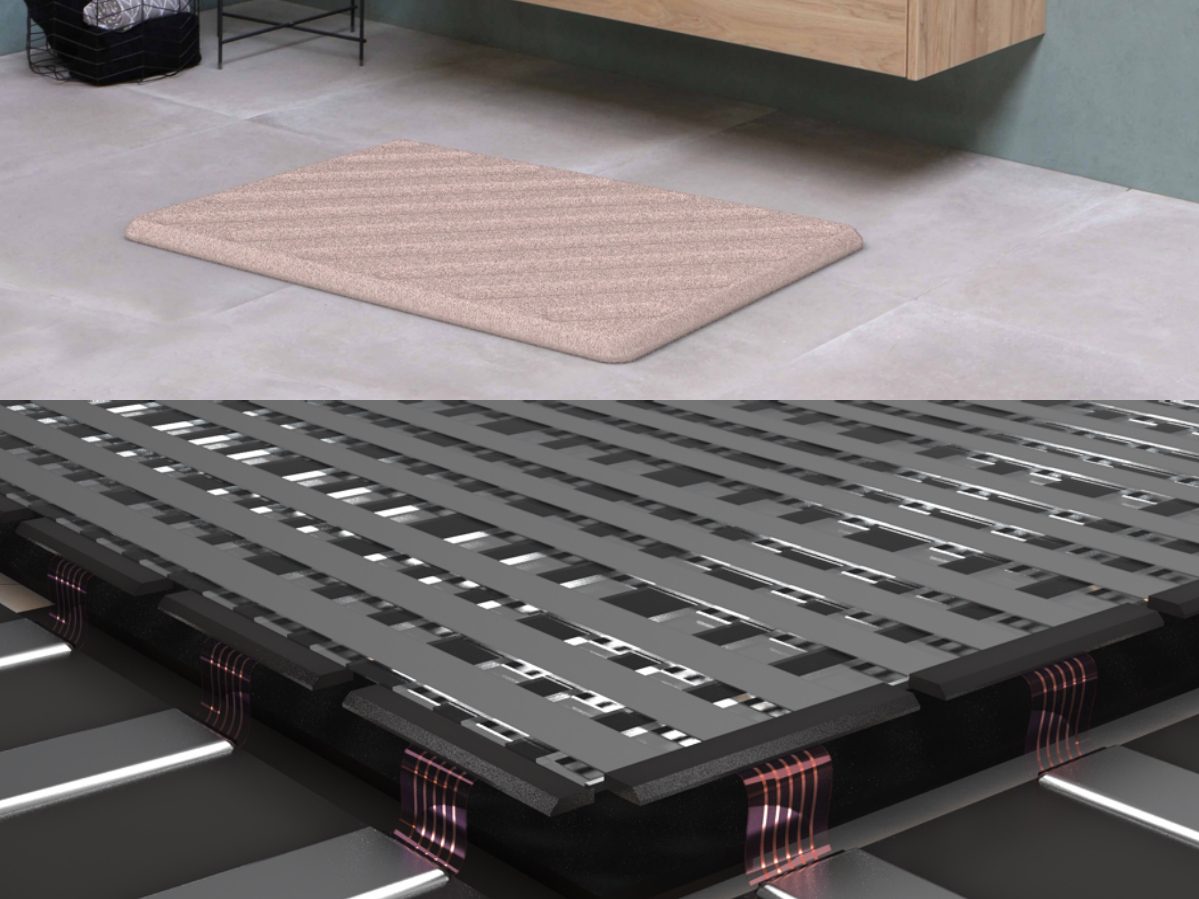
Docile: Designing against Foot Ulceration
As a voyage into ambient healthcare, the Docile bathmat was developed for elderly people with diabetes. Each individual’s footprints are recorded via thermal mapping – using screenprinted silver temperature sensors. An AI will track the user’s footprints over the course of months, checking for the development of blisters, changes in footshape and uneven temperatures. By using the bathmat, the user is alerted to early wounds that can lead to foot amputations.
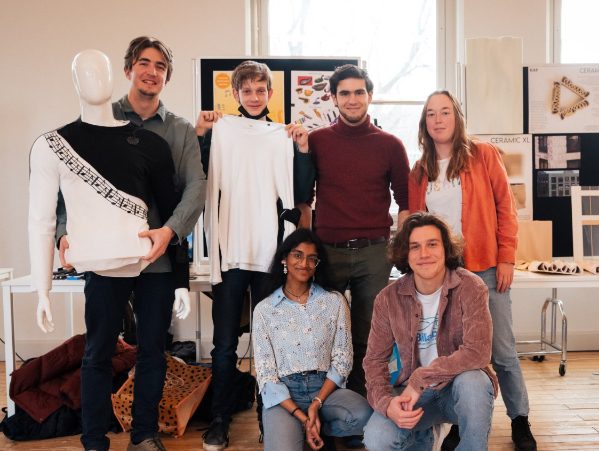
This team project in TU Delft focused on utilising smart textiles and modular electronics to develop a functioning prototype of a wearable instrument. Various “instrument” modules were designed and sewn with conductive yarn, which could be attached onto a shirt with a sewn-in circuit. Users could learn about music composition through co-operative interactions with this wearable instrument.
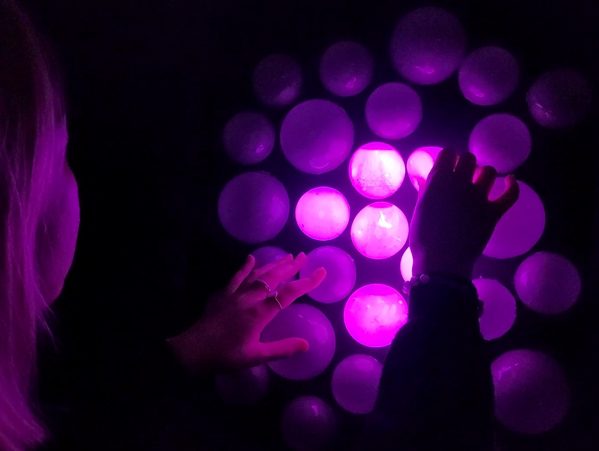
While exploring the Gestalt principles of design, an audiovisual and tactile experience was developed as a meditative space for students to relax in during their free time. Using the metaphor of water, a portal space was designed with a sound and lightscape that responded to real-time movements. Users would have to stay still in order for the scapes to develop, encouraging a meditative state of mind.

Above is a snapshot of the TU Delft Design Engineering Contest final in 2022, where teams of 4 competed with limited resources and time to build the best robot for stealing and building blocks. This contest was created to simulate work environments where real-life events can affect the prototyping process. Despite the language barriers between members and time limit, this robot won 1st place in the competition.
Visionary Thinkers
Visionary Creators
Visionary Makers
